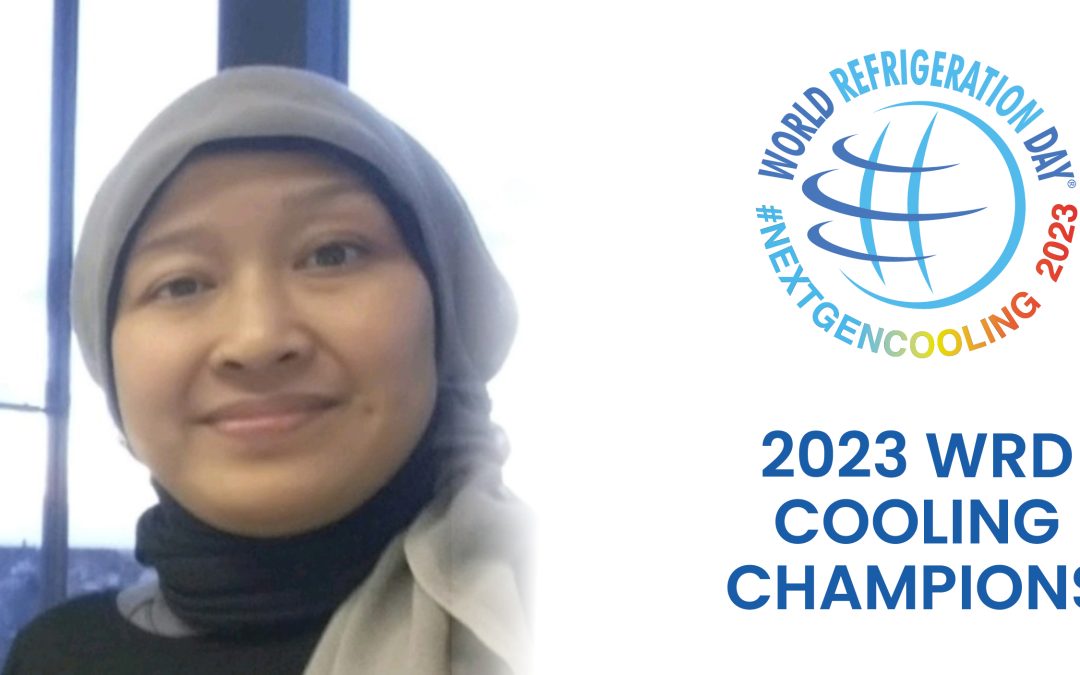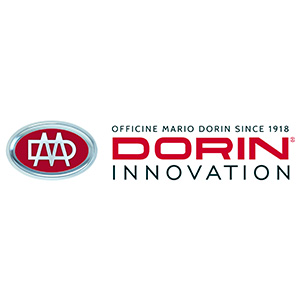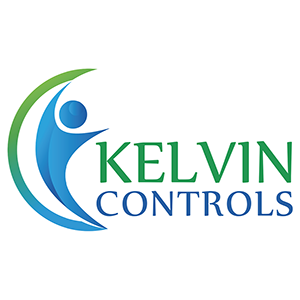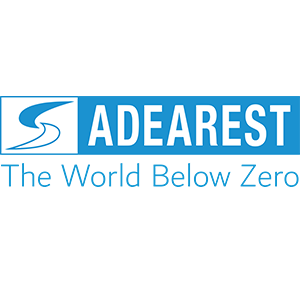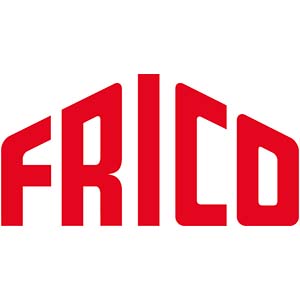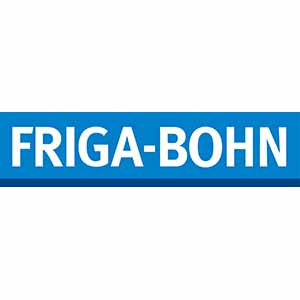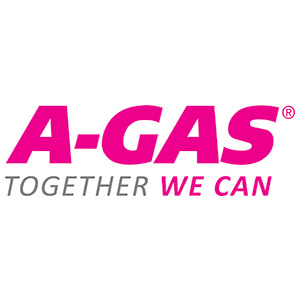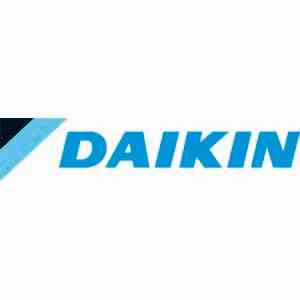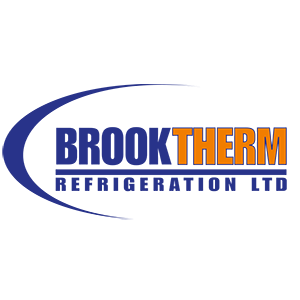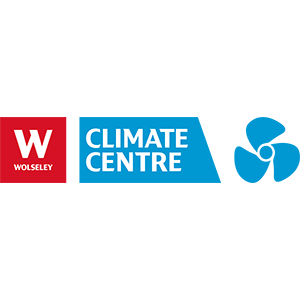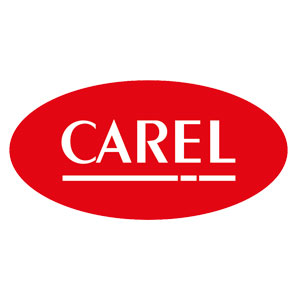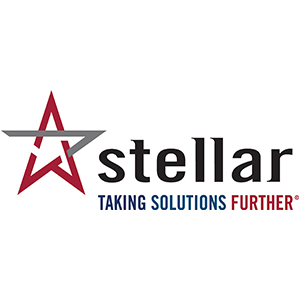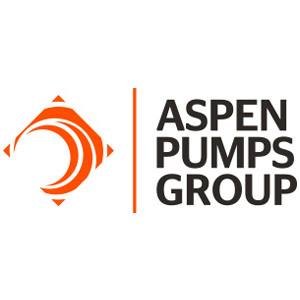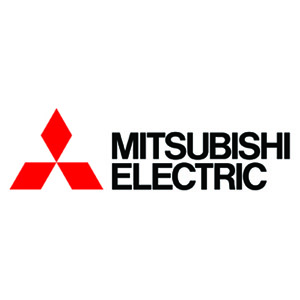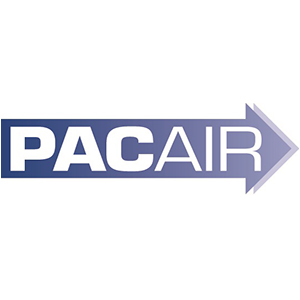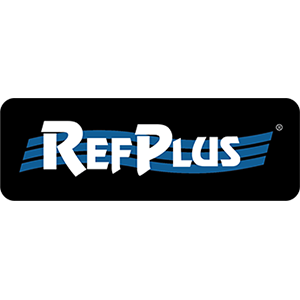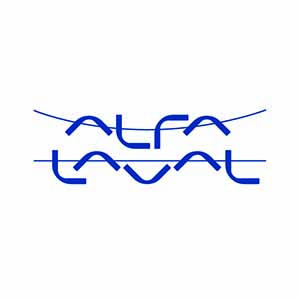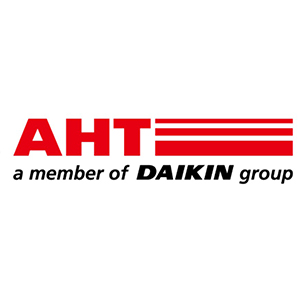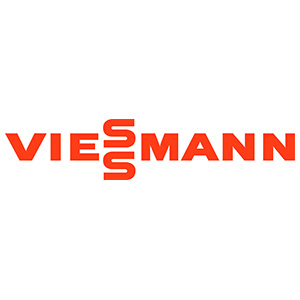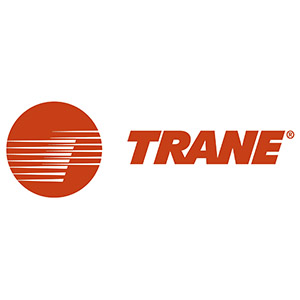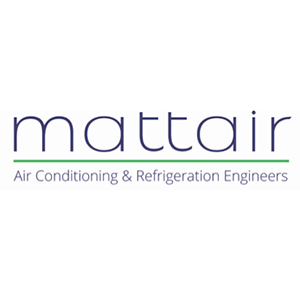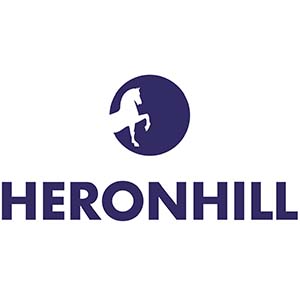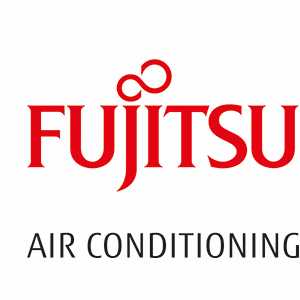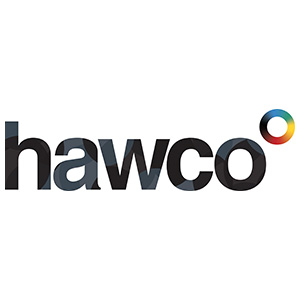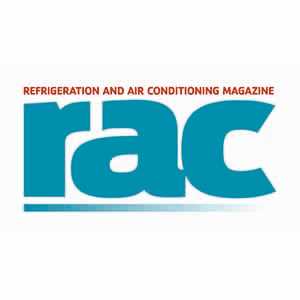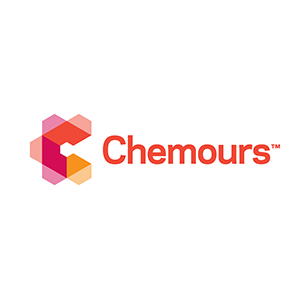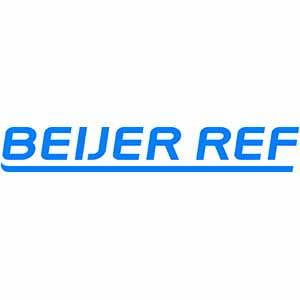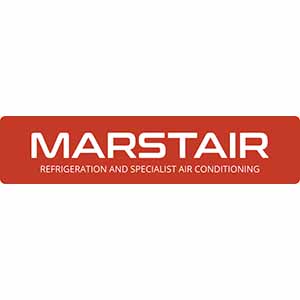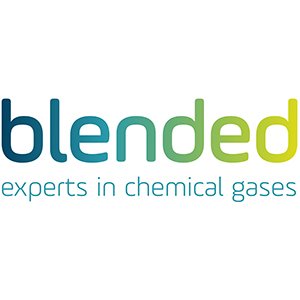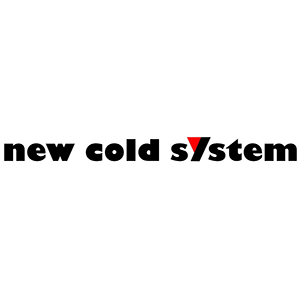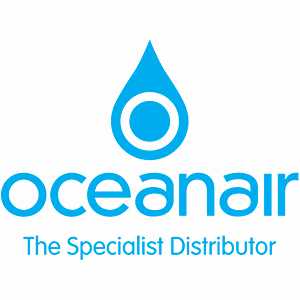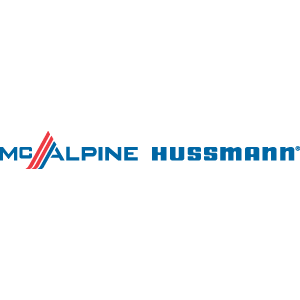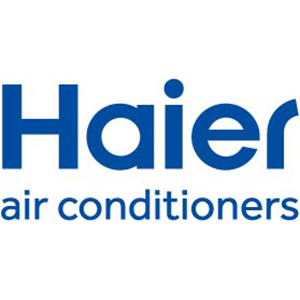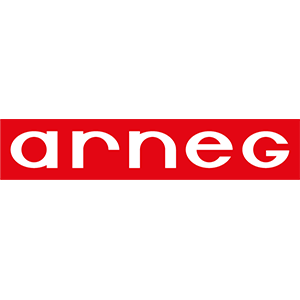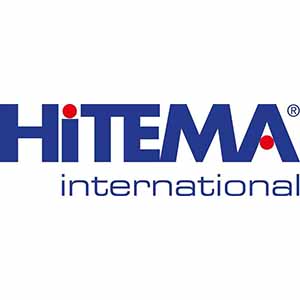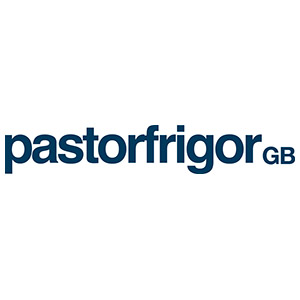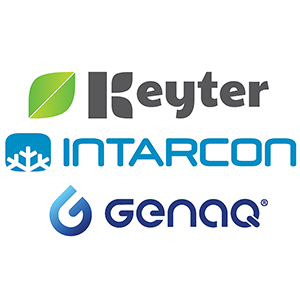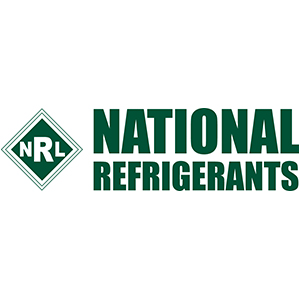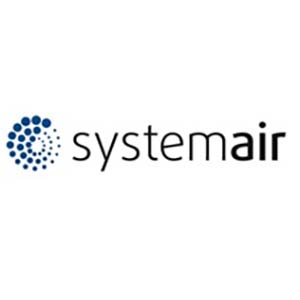Architecture professor Beta Paramita is on a mission to help cool the people, buildings, and cities of Indonesia with the use of a simple but effective climate-friendly solution – cool roofs.
As we continue our #CoolingChampions campaign to put a face to our hidden industry, we are delighted to share Beta’s story and mission.
Beta Paramita is an Assistant Professor at Architecture Department in Indonesia University of Education. She hold Doctor of Engineering from The University of Kitakyushu, Japan. Her interest in research includes sustainable city and green building, especially on building performance and outdoor thermal comfort. Currently, she is the board member of IBPSA-ID (International Building Performance Simulation Association -Indonesia chapter). She is a senior fellow in RDI (Research Resilience Initiative) that focuses on community environmental change and sustainable development. She won the Million Cool Roof Challenge in 2022, and is entitled to a prize of 750,000USD. From the grants she received, she founded a start-up named BeCool Indonesia. She also initiated the Building Energy Research Centre for materials testing and labelling facilities under the Net Zero World Initiative, a partnership DoE US and MEMR Indonesia.
Having studied urban heat islands for many years, Beta is on a mission to help cool the people, buildings, and cities of Indonesia with the use of a simple but effective climate-friendly solution – cool roofs.
The benefits of a cool roof
On a hot day, a black roof can reach over 150°F (66°C), radiating heat into the building below, as well as the surrounding area. By applying a specially-designed solar-reflective coating to a building’s roof, it absorbs less of the sun’s radiation, reducing internal temperatures by multiple degrees and improving thermal comfort for the building’s inhabitants.
If deployed across a whole community, cool roofs can reduce local ambient temperatures and help lessen the urban heat island effect.
In addition to providing thermal comfort to those who don’t have access to cooling appliances like fans and air conditioners, cool roofs also help reduce the need to switch on appliances for those who do have them, cutting energy consumption. In a country like Indonesia, where the majority of electricity comes from coal-fired power plants, reduced energy use can significantly lower greenhouse gas emissions, while also supporting the country’s transition to renewable energy by lowering demand on power grids.
Scaling up cool roofs in Indonesia
Under the Million Cool Roofs Challenge, Beta and her team expanded the use of cool roofs in Indonesia, coating 70 buildings across 15 cities. In total, the team estimates that more than 10,000 people will benefit from the new cool roofs.
Beta’s team saw some of the Challenge’s most impressive reductions in indoor temperatures. At one industrial site, indoor temperatures dropped by around 20°F (11°C), from 104°F (40°C) to 85°F (29.4°C) following the application of the cool roof coating. And at an elementary school, a cool roof helped reduce indoor temperatures by 5.4°F (3°C).
Since winning the Challenge, Cool Roofs Indonesia has used some of its prize money to install cool roofs on more than 40 public and community buildings, with a plan to continue to deploy the technology at a similar rate over the coming years.
Through UPI and in partnership with the University of Florida and Milenium Solutions, the team is also working to make cool roofs even more accessible by scaling up local production of cool roof materials, which in turn, will reduce production costs. The team has registered a national brand and continues to optimize the formulation of cool roof materials to make cool roofs more effective and durable.
UPI is working to set up the country’s first building energy research center and test lab to establish credible rating and certification systems for cool roof products and other building materials. In turn, this will help provide reliable performance data for consumers and policy makers, enable the development of viable business models, and spur the growth of the market
Beta and her team have established distributors of their cool roofs product across 10 cities and are actively promoting the application of cool roofs on commercial and residential properties. Several commercial property managers and developers are exploring partnership opportunities and Indonesia’s Ministry of Public Works and Housing is working to develop design guidelines that integrate cool surfaces into affordable modular housing.
Visible Cooling Champion
Beta is a regular conference speaker. This past week , she was speaking at the 18th edition Asia Clean Energy Forum (ACEF) 2023 in Manila held on 13–16 June 2023. The theme of this year’s ACEF was “Navigating toward a Carbon-Neutral Future through Clean Energy Solutions.”
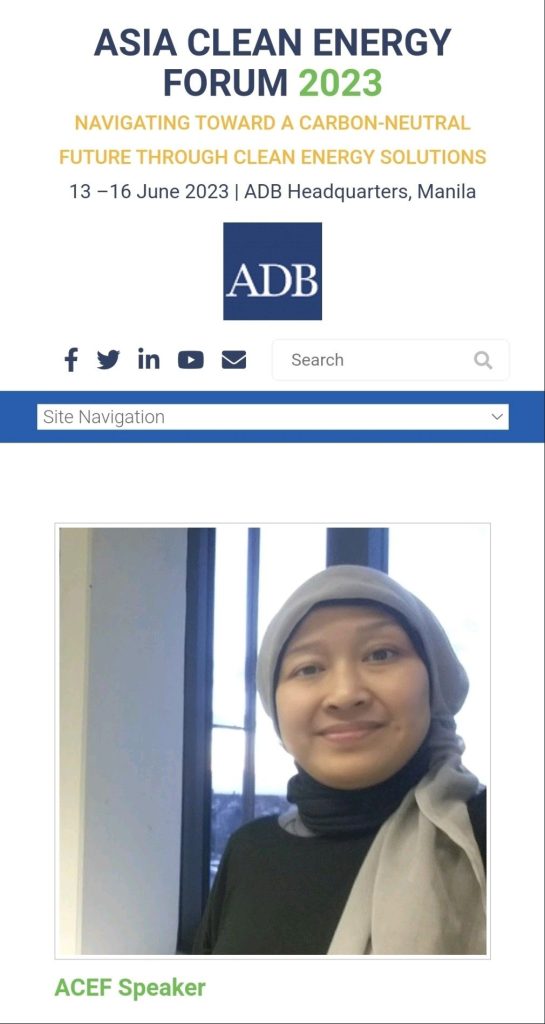
Beta shared her experience of the Cool Roofs Indonesia’s project during the Asia Clean Energy Forum’s Deep-dive Workshop “Regional Leadership on Sustainable Cooling and the COP 28 Global Cooling Pledge.” Session 1: Technology and Business Model Innovation for Sustainable Cooling on the subject of Cool Roofs in Indonesia and the potential of passive cooling.
In 2022, Beta shared the CoolRoofs project in Indonesia for at the APEC workshop on the implementation of Green Building Concepts and policies in emerging countries. How material with high Solar Reflectance Index able to contribute the Urban Heat Island mitigation. The presentation can be downloaded here
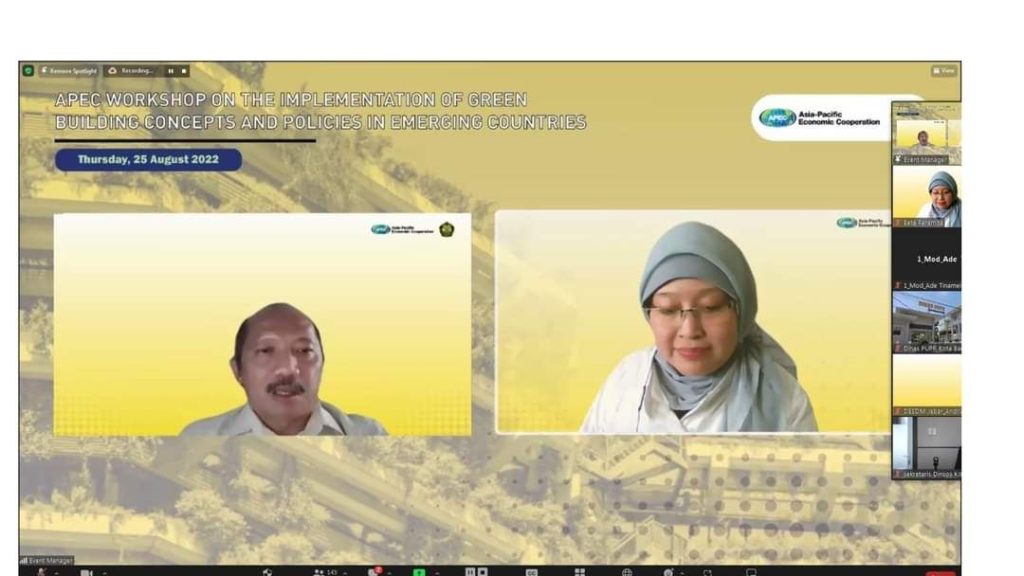
Read more about CoolRoofs and Beta at the Clean Cooling Collaborative webpage here

